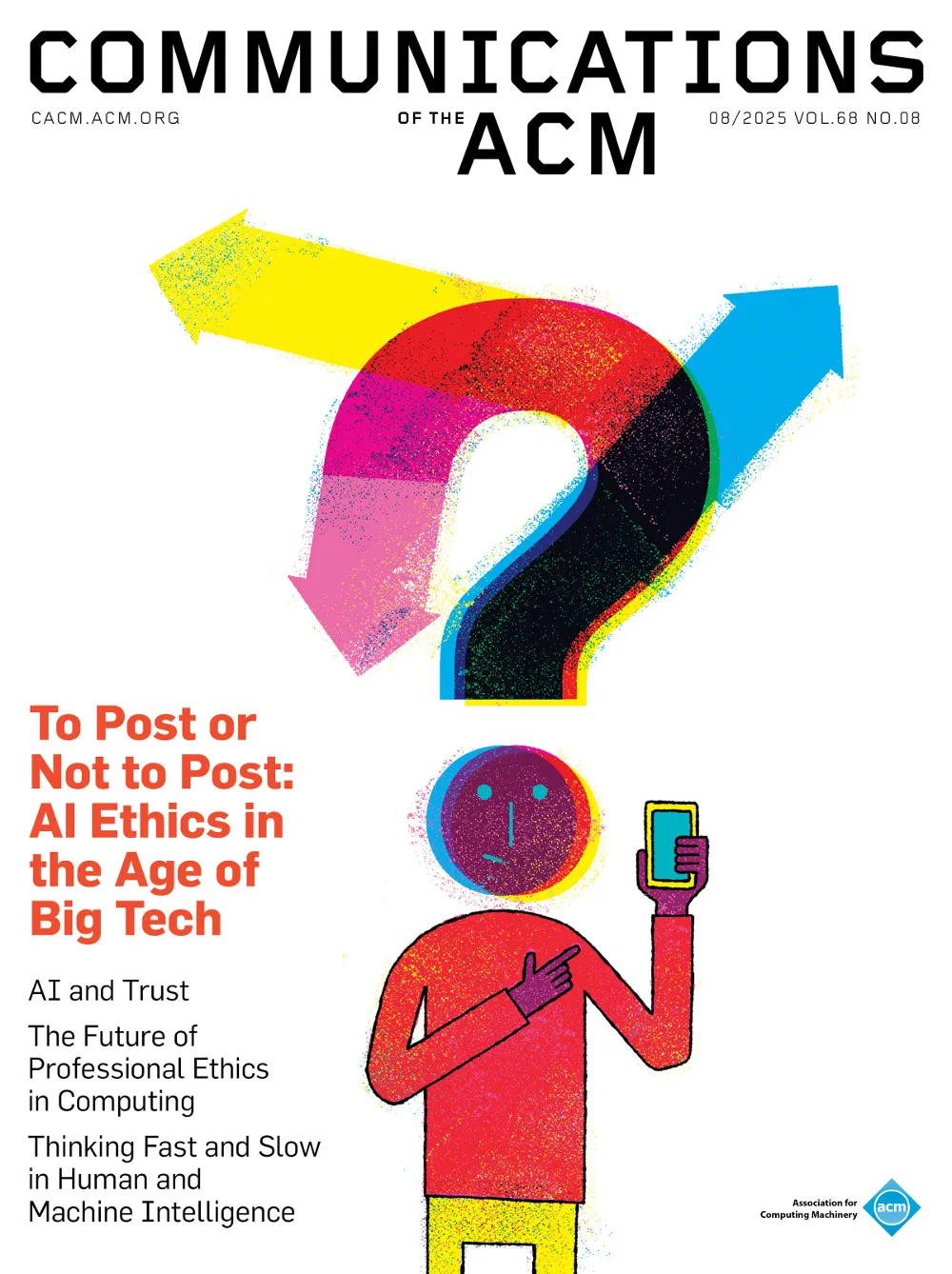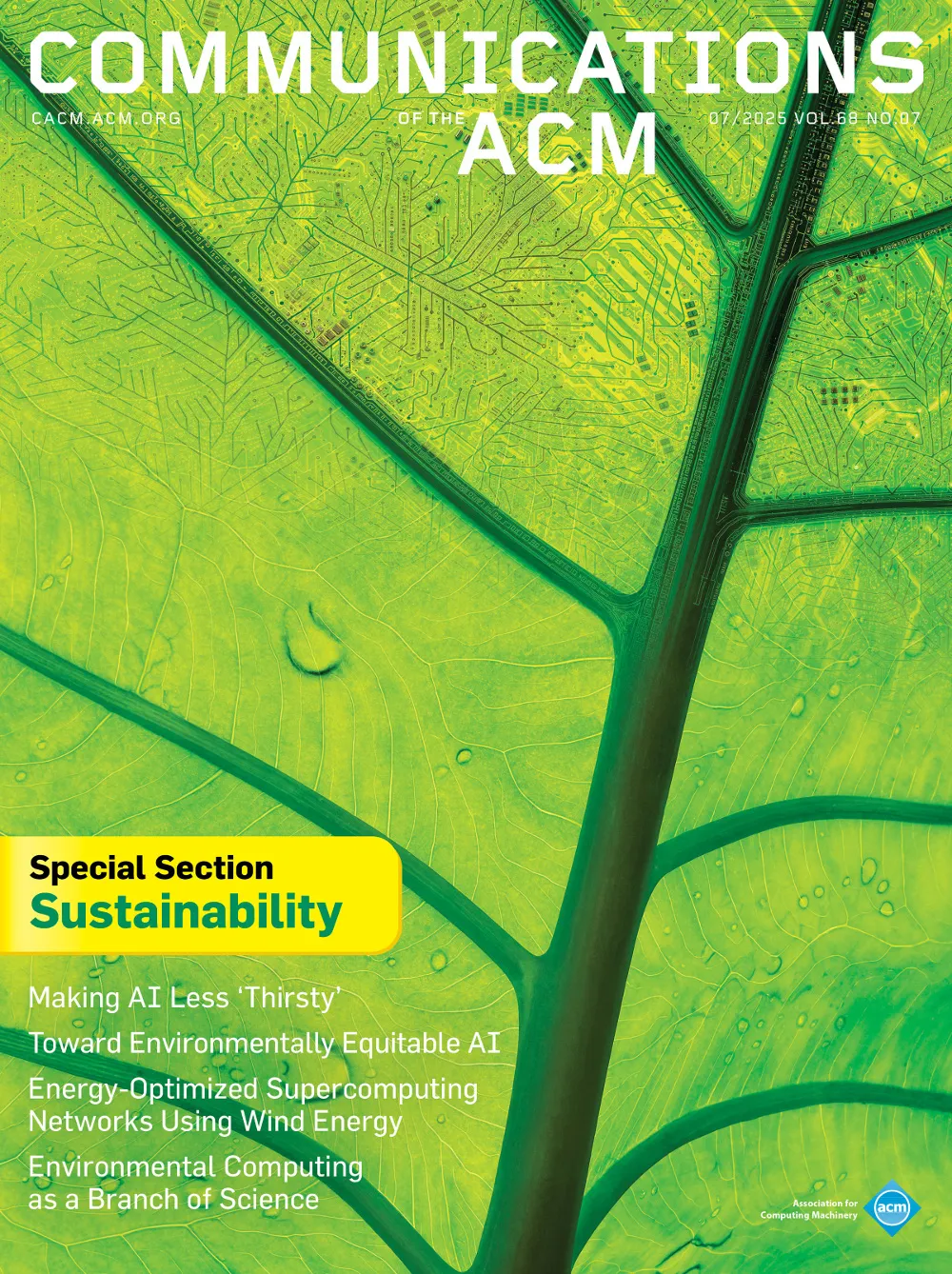October 2005 - Vol. 48 No. 10

Features
The New Professional Development Centre Boasts 1,000 Courses, O’Reilly Books, and CS Classics
Top 10 Downloads from ACM’s Digital Library
Did MGM Really Win the Grokster Case?
Software in Ireland: A Balance of Entrepreneurship And...Lifestyle Management?
Academic Dishonesty and the Internet
The Growth of Information Workers in the -U.S. Economy
Digital Aids For an Aging Society
Consumer Power in the Digital Society
Community: From Neighborhood to Network
Why the Internet Is Bad For Democracy
Education Goes Digital: The Evolution of Online Learning and the Revolution in Higher Education
Universal Access to Information
In 2003, the world produced about 800MB of information for each man, woman, and child on earth [2]. Much of this information, such as supermarket scanner data and the like, is pretty dull. But some of it, such as the material contained in books, magazines, newspapers, movies, music, and family photos, is potentially of great interest to people.
HIT and MIS: Implications of Health Information Technology and Medical Information Systems
From DQ to EQ: Understanding Data Quality in the Context of E-Business Systems
Personalization Technologies: A Process-Oriented Perspective
IT Skills in a Tough Job Market
NewsInEssence: Summarizing Online News Topics
Current Practices of Leading E-Government Countries
Investigating Wireless Web Adoption Patterns in the U.S.
The Educational Productivity Paradox
The Best-Laid Plans: A Cautionary Tale For Developers



